Instead of trying to convert old facilities to have sustainable equipment, Riboli Family Wines of San Antonio Winery built its vineyards and winemaking facilities with sustainability a priority at the outset.
“I think first of all, we’re a long-term company … that’s just how we think, so having the ability to build this facility from scratch was a dream of mine as a winemaker,” said Anthony Riboli, a fourth generation vintner, referring to the Paso Robles Winemaking and Events Center that was completed in 2018.
The family has been in business for 103 years and continues to operate its original winery based out of Los Angeles. They have since built two more tasting rooms in Ontario and Paso Robles and own vineyards in Napa Valley, Paso Robles and Monterey.
“It makes sense if you’re starting from scratch rather than modifying existing facilities,” Riboli said. The five vineyards in Paso Robles and four vineyards in Monterey are sustainably certified by the California Sustainable Winegrowing Alliance (CSWA).
To continue to have a certification year to year, Riboli explained that they have to show improvements in their audits each year.
“So for us, we did so many things from the get-go on the winery side that each year, we’re still now having to find things that we can do to fine tune, and that we can make even better,” Riboli said. “It’s challenging but it makes sense. The more we can keep evolving and doing a better job.”
To keep the certification year to year, a California winery can do anything from changing lights to LED or start recycling to show the CSWA that they are improving.
“It’s the same thing at the vineyards,” he added. “It could be something like, you don’t have owl boxes up for predatory birds to help keep your rodent populations down without using poison, so you put up owl boxes, but each year, again, how do you keep moving forward and developing a better program?”
He explained that the team, both on the winemaking and grape-growing side spend a lot of time each year going through audits. To ensure continuity, labels can’t have the sustainable icon until a brand has had two years of certification.
The new Paso Robles location has 1,520 solar panels that cover 80% of the roof and provide 100% of the electricity for the facility. And although the initial investment was north of $800,000, they project a return on investment.
Aside from solar panels, there are six inches of insulation in the walls of the facility, a wastewater treatment plant that helps them reuse wastewater for landscaping, and night cooling in which the refrigerated barrel room turns off the electricity when the outside air drops below its set temperature. Double tinted windows and shades help prevent heat absorption so the AC doesn’t run all the time.
“These were things that we thought about from the beginning, and luckily we could incorporate all of these things,” Riboli said. “Retrofitting is harder. You could add solar to the roof and you could change lightbulbs out but you’re not going to be able to add insulation to a brick building for example. It’s not a simple process.”
Riboli advised that anyone looking to become more sustainable should make a long-term approach and commit. Even if you’re not doing it to become certified, just taking small steps like changing light bulbs to LED reduces your carbon footprint.

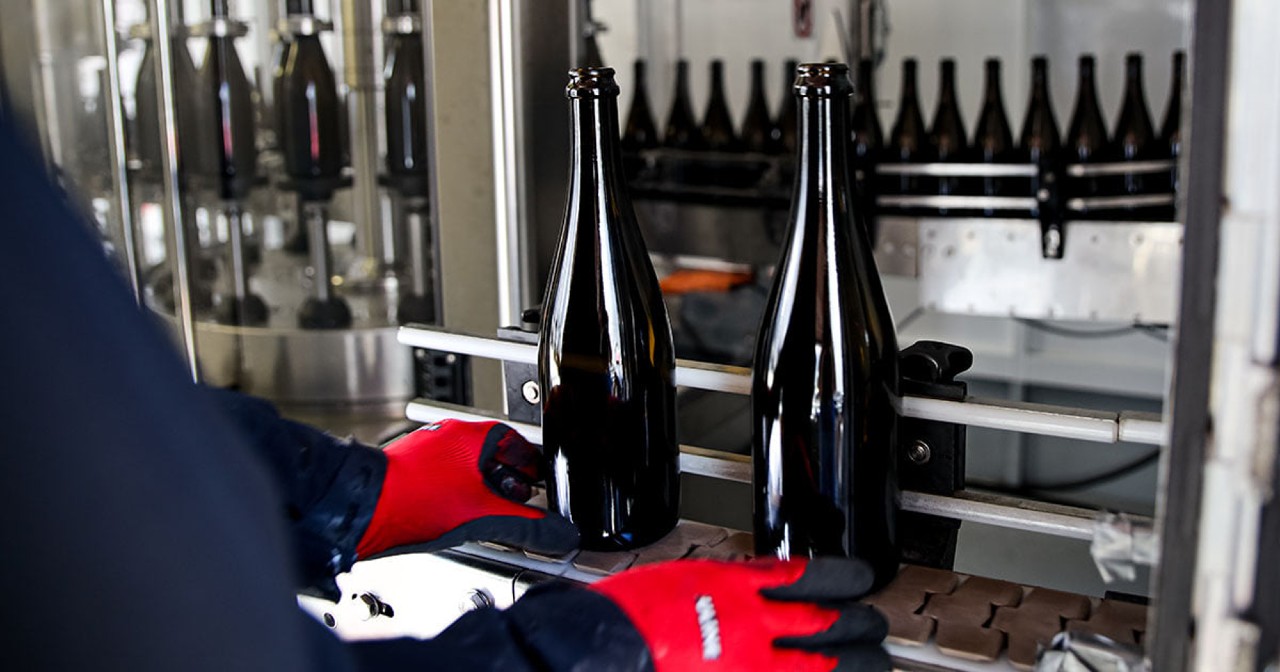
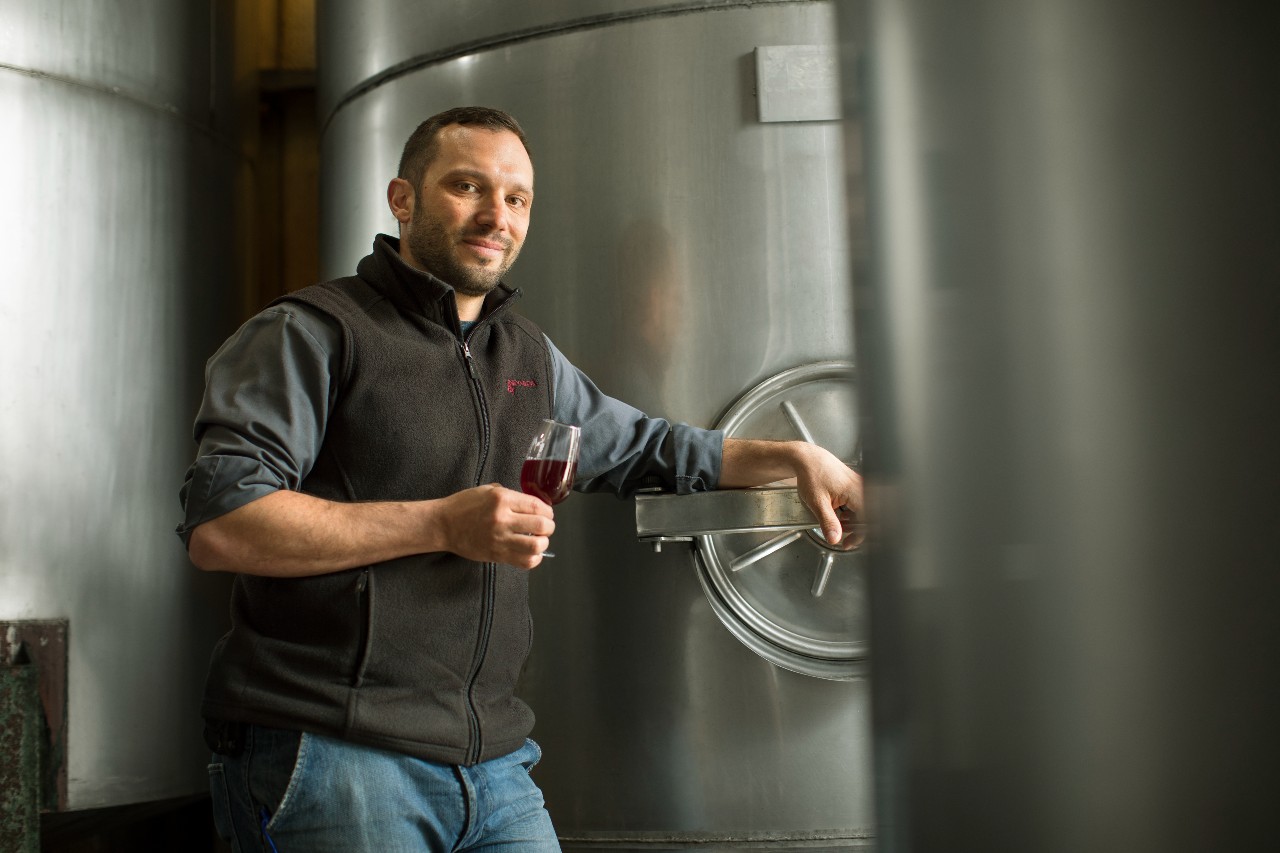
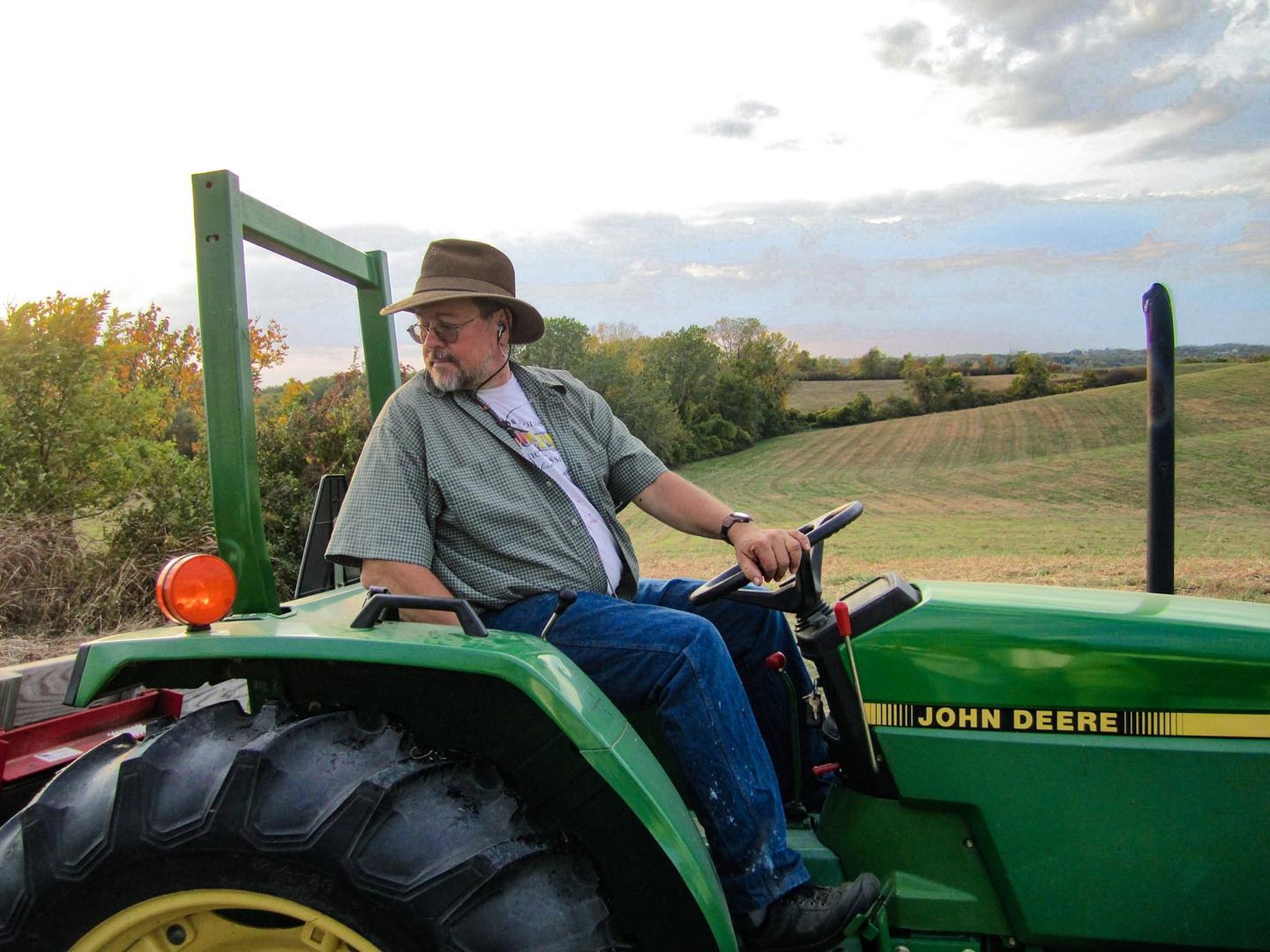
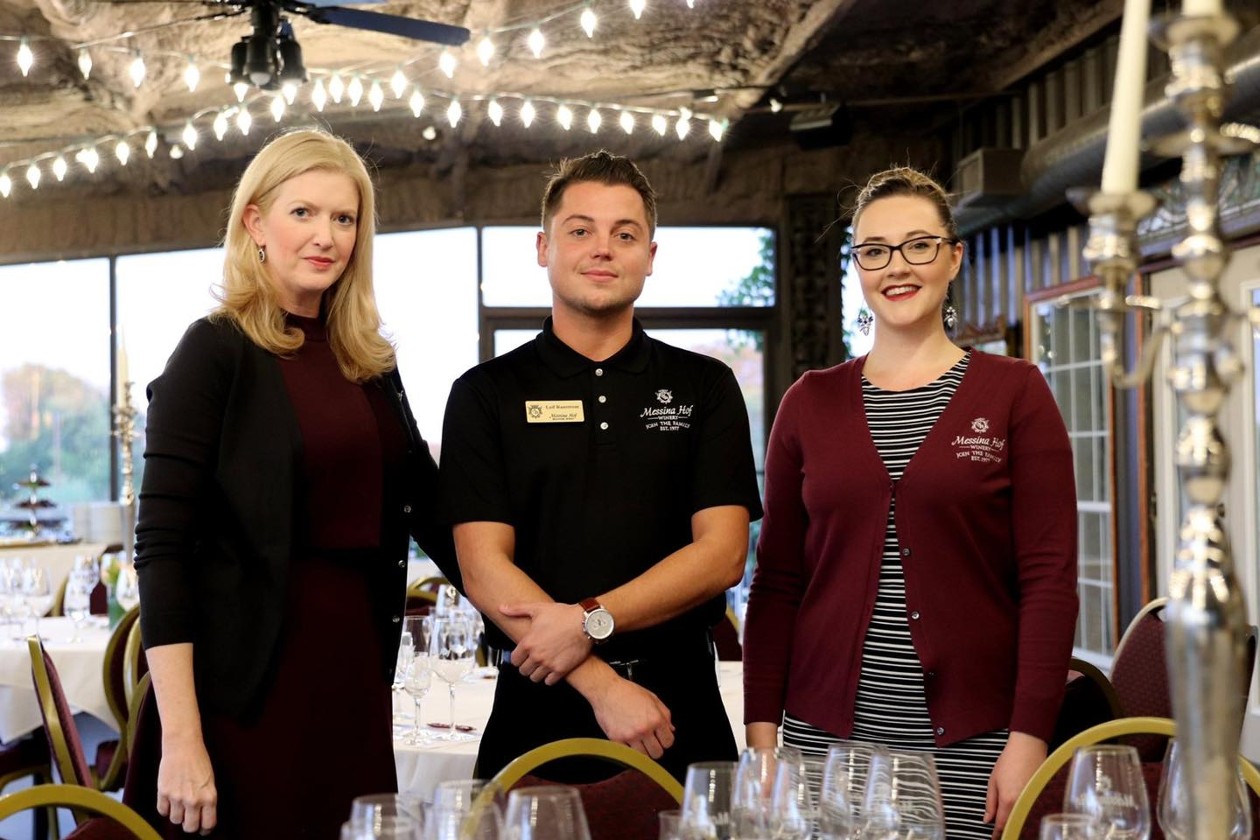
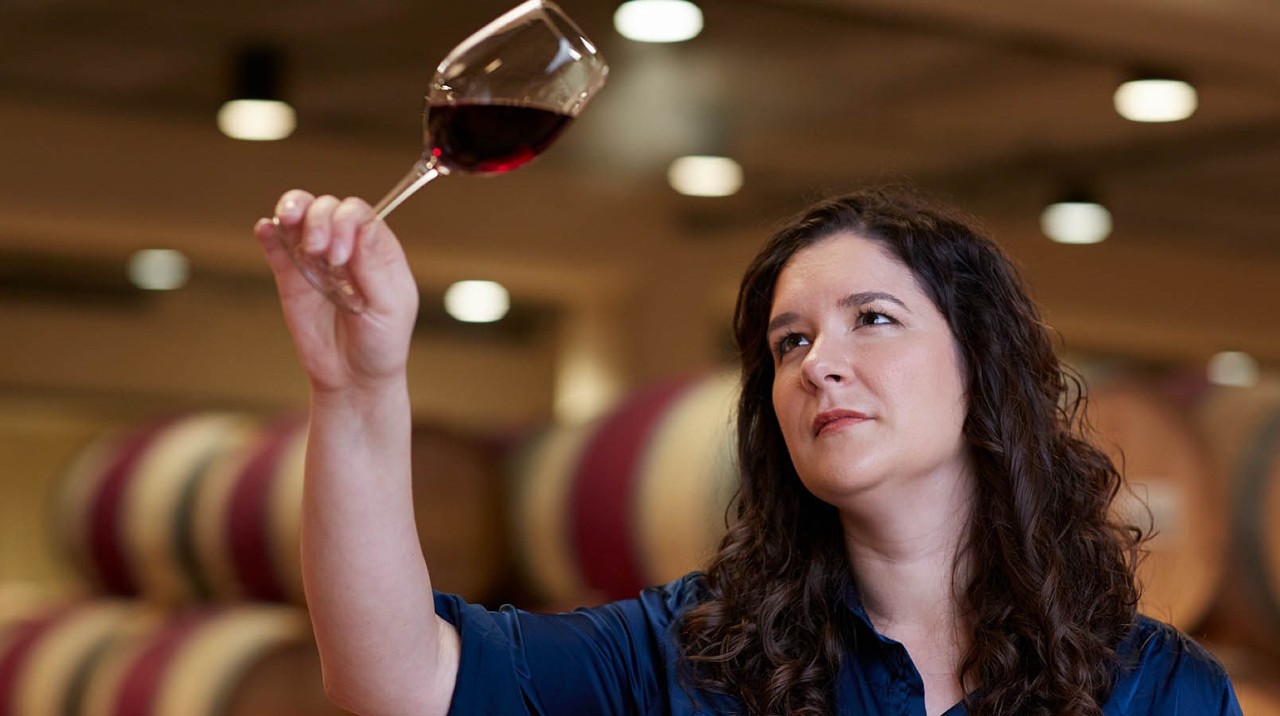

Be the first to comment